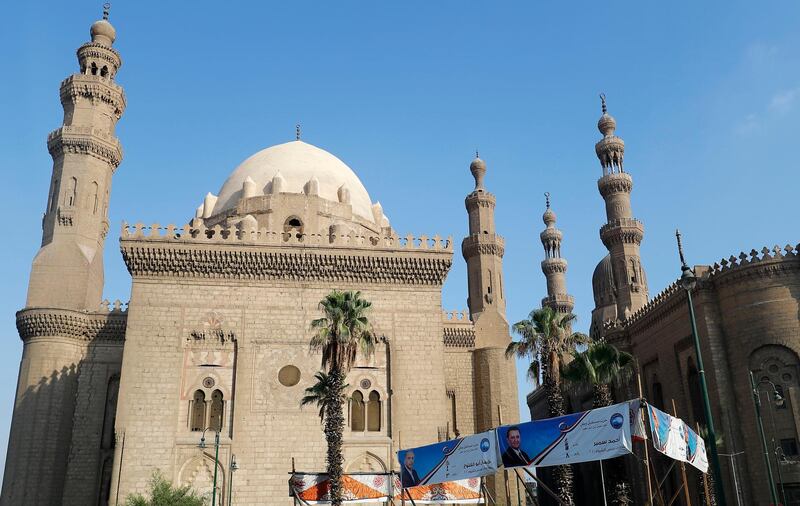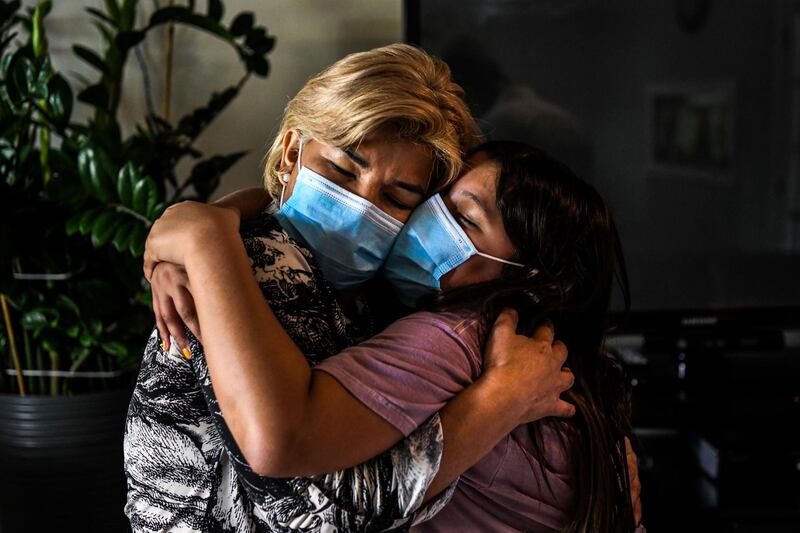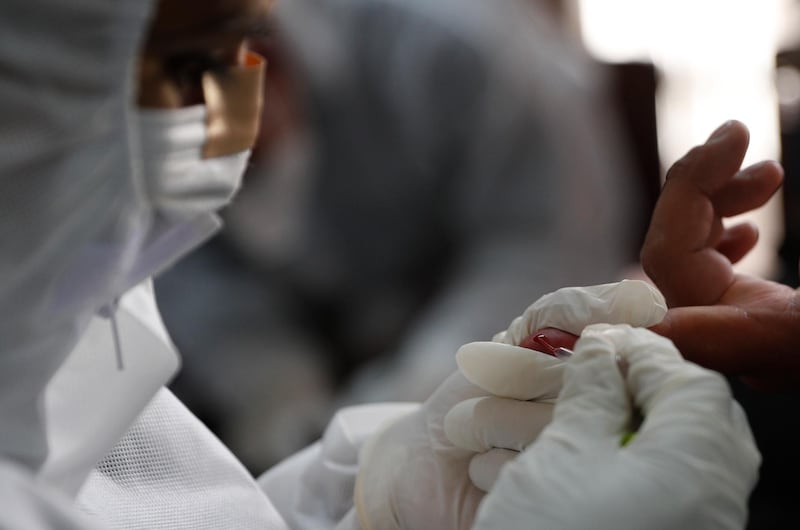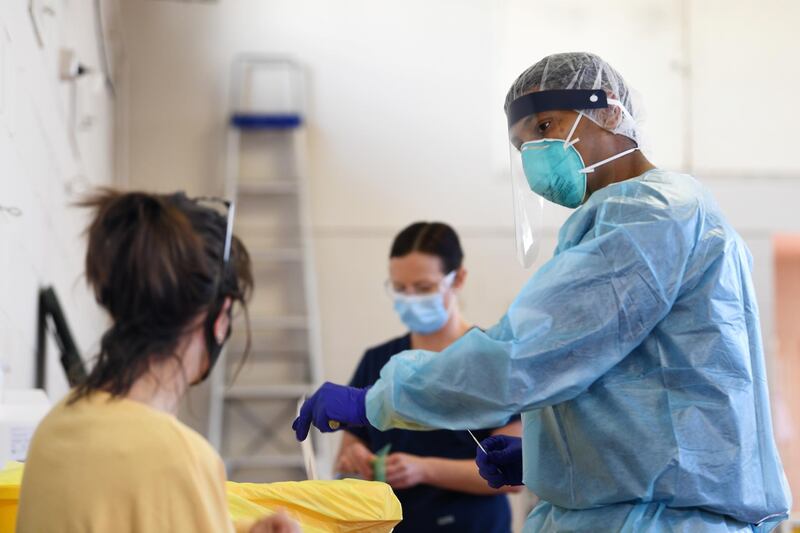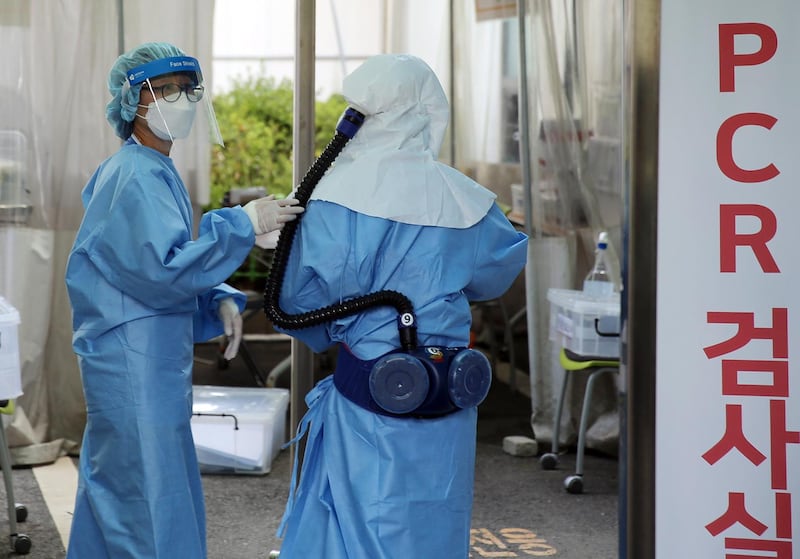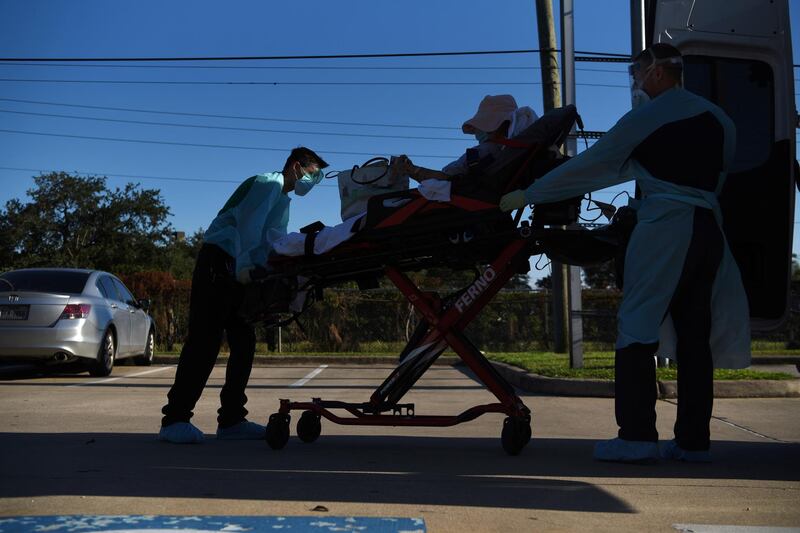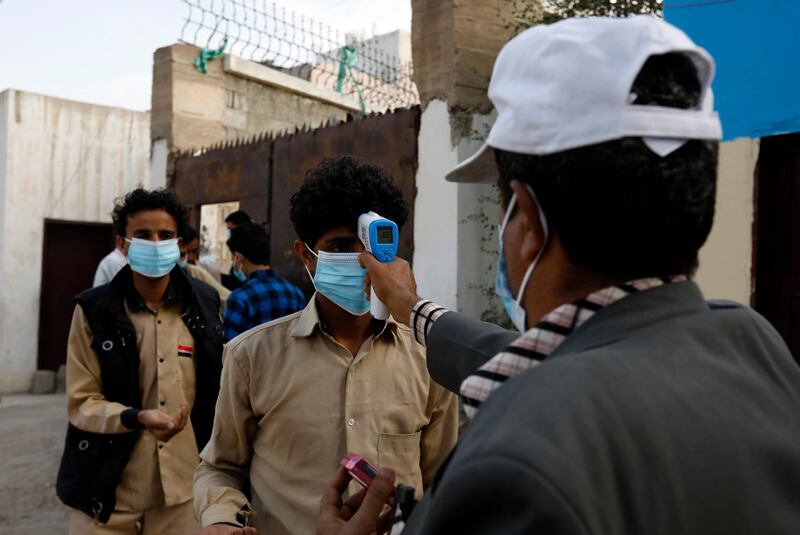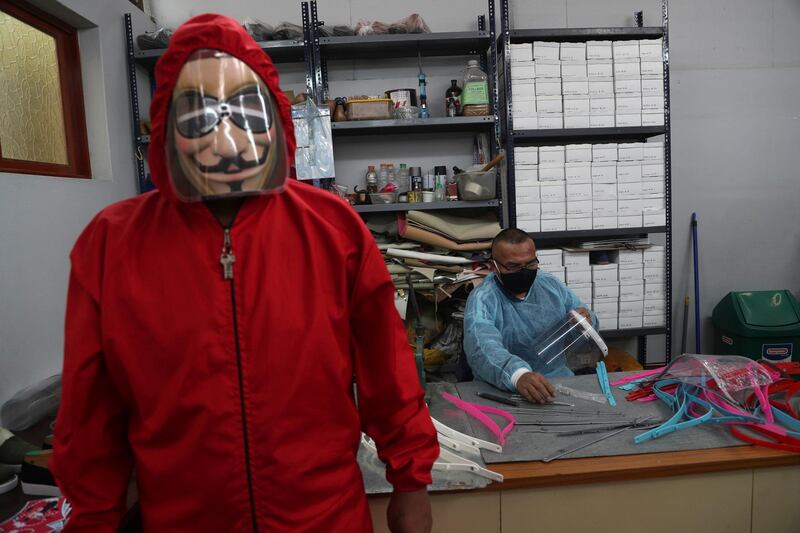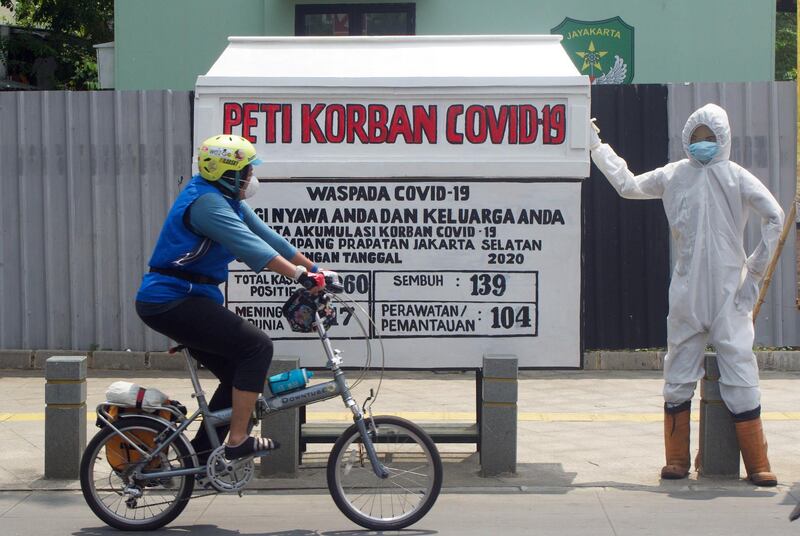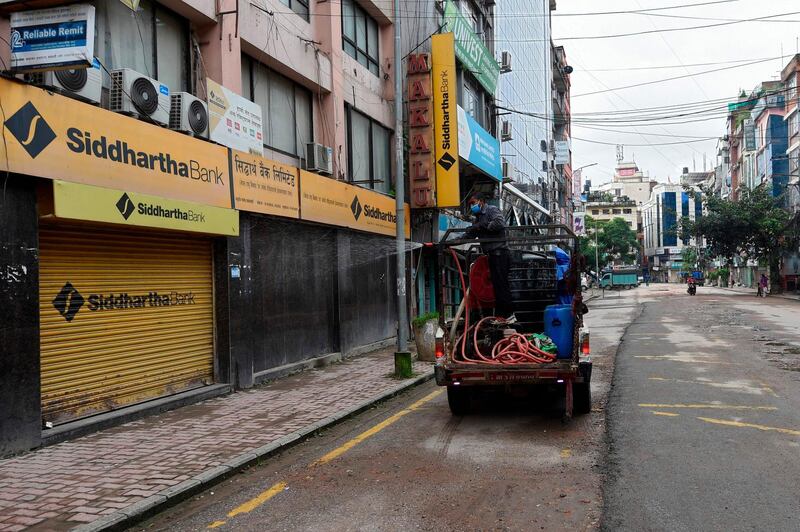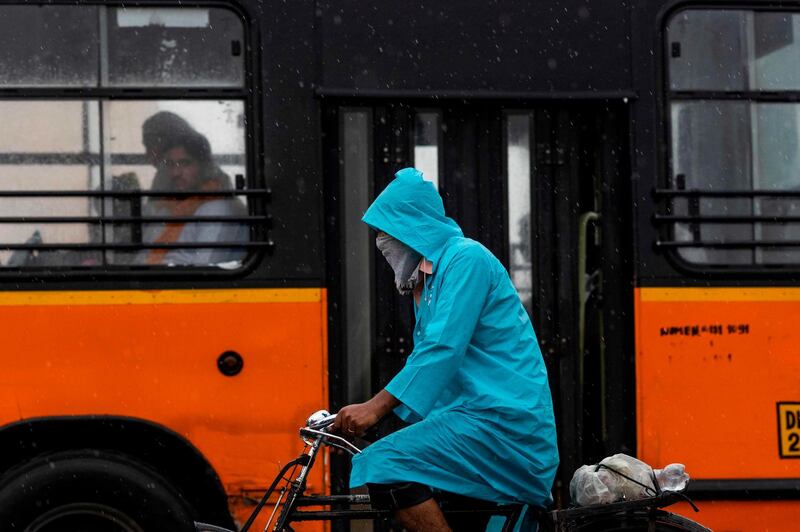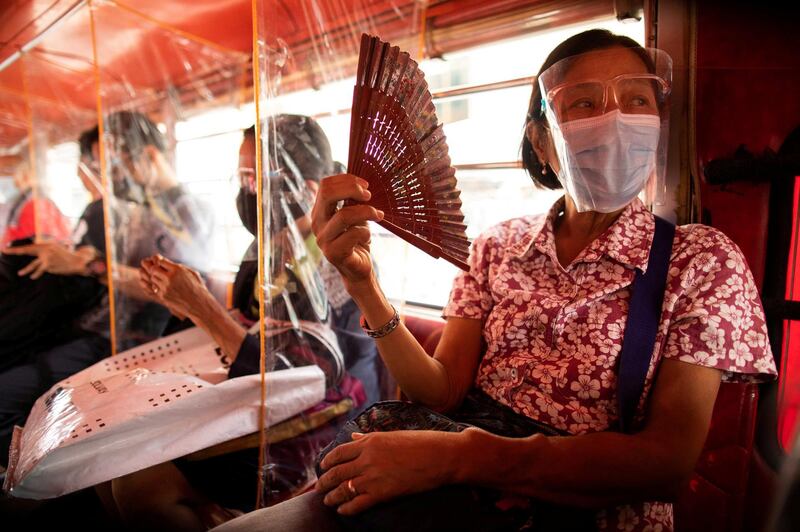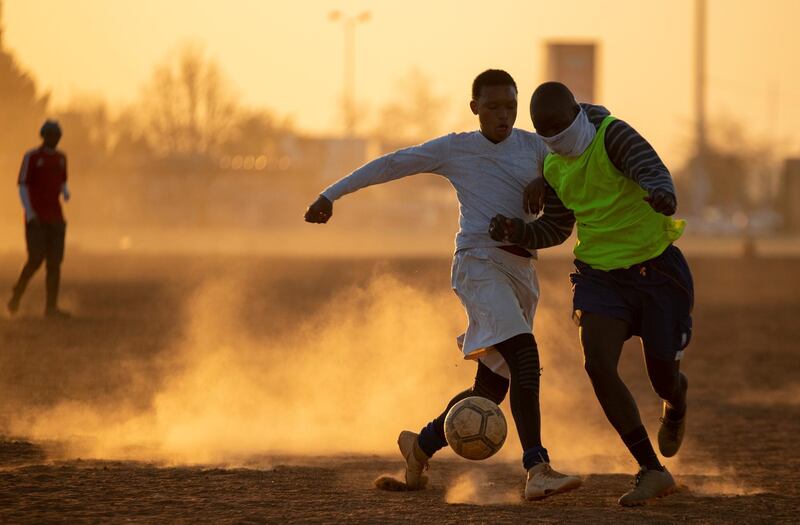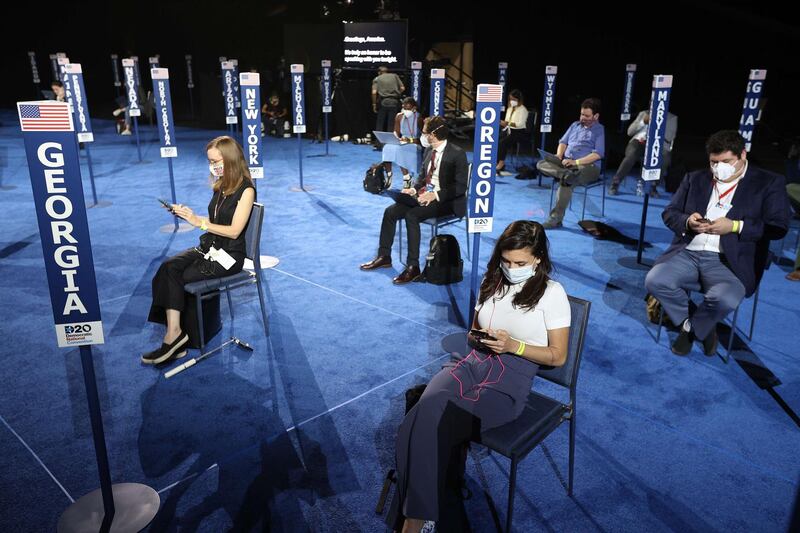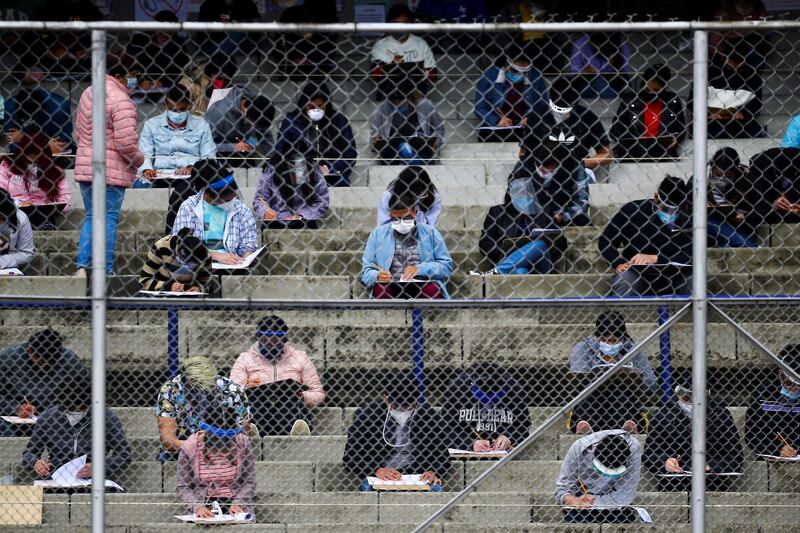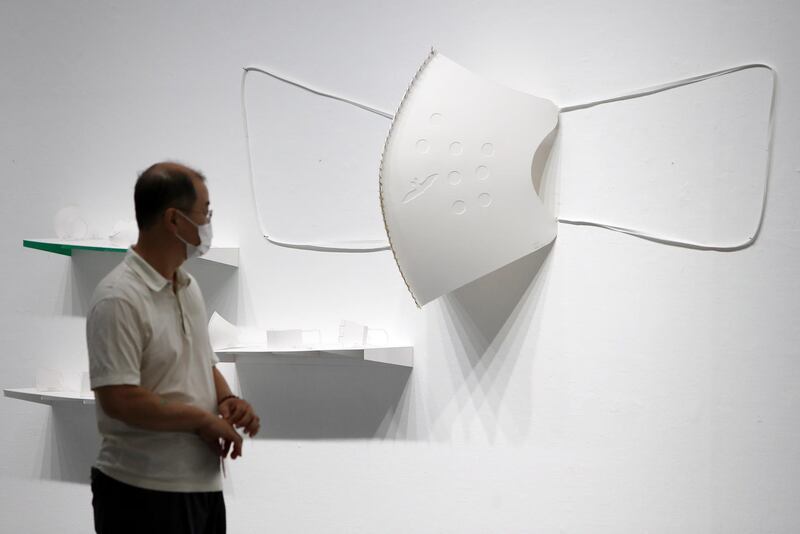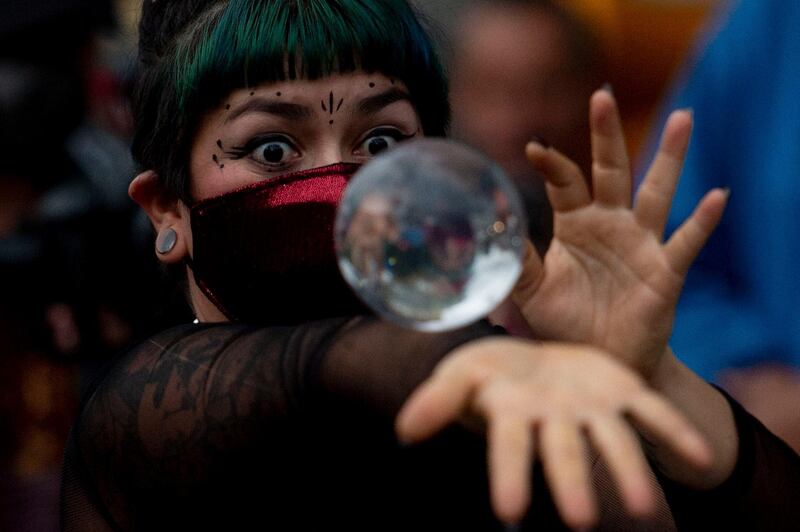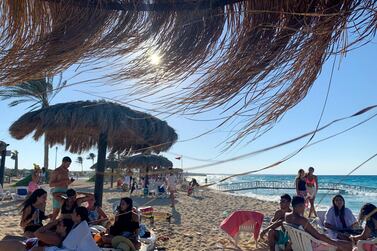Egypt will reopen mosques for Friday prayers from August 28 after five months.
The decision was announced late on Wednesday by Awqaf Minister Mukhtar Gomaa.
Friday prayers will only be allowed in major mosques, which will be announced later, Mr Gomaa said.
Worshippers will have to wear masks, maintain social distancing and bring their own prayer mats, he said.
The sermon will be restricted to 10 minutes and mosques will close immediately after prayers.
Ablution facilities attached to mosques will remain closed. Mosques will still be unavailable for congregational prayers for the dead.
Mosques that breach regulations will lose their permit to hold Friday prayers.
Muslims who fear contracting Covid-19 can continue to pray at home for the time being, Mr Gomaa said.
Worshippers have been allowed to visit mosques for the five daily prayers since late June and Christian churches reopened for congregational prayers on August 3, but with health precautions.
_______________
Coronavirus around the world
_______________
The daily number of confirmed Covid-19 cases in Egypt remains low after a dramatic decline that began in late July.
June was the deadliest month in Egypt's outbreak of the pandemic that began in February.
But authorities fearing a “second wave” of Covid-19 infections are appealing to Egyptians to adhere to health precautions before schools and universities reopen next month and in October.
The government has warned that strict preventive measures would be introduced if the number of infections surges again.
President Abdel Fattah El Sisi said this week that he wanted to see “zero” infections and warned that Egyptians must remain diligent to prevent the number of cases from rising again.
Public parks and beaches remain closed, but private beaches along the Mediterranean coastline are busy during weekdays and packed on weekends, with no heed or care for preventive measures.
This is part of the casual attitude most Egyptians have taken with the pandemic.
Authorities, meanwhile, said this week that from September 1, travellers to Egypt will have to show evidence of a negative PCR test to gain entry.
Egypt reopened its airports and allowed air traffic to resume on July 1 after a three-month closure.
